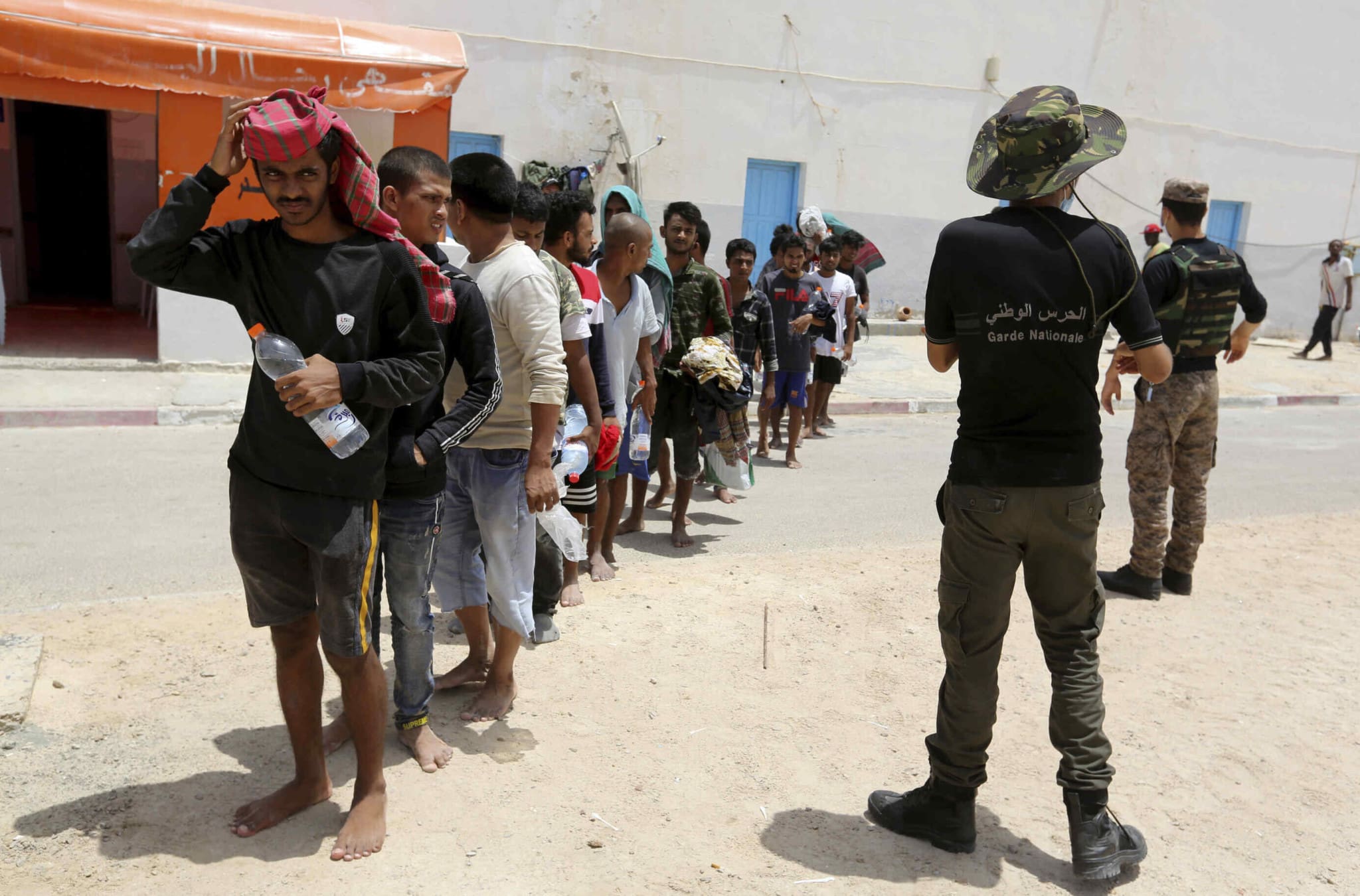On Friday, Libyan authorities carried out a massive crackdown on migrants in the western suburbs of Tripoli, arresting about 4,000 people, including women and children. The local Ministry of the Interior announced the arrests were being conducted as a part of a broader campaign to tackle illegal immigration and drug trafficking. The United Nations reported that one man was killed and about 15 injured.
Officials said Friday that law enforcement had arrested 500 people but then adjusted the figure to 4,000. The area has experienced several refugee waves in recent years, but according to experts on the spot, the current one is probably the strongest so far.
Authorities transported detained migrants to detention facilities in and around Tripoli. According to experts, the living conditions in these centers are appalling, and many migrants face violence and abuse by guards.
A Libyan government official told Reuters that the authorities would want to return as many detained refugees as possible to their home countries. Many of those arrested reportedly lived in Libya for many years without proper permits.
Vincent Cochetel, a special envoy of the United Nations High Commissioner for Refugees in Libya, told the media that police had acted too harshly during the raid and forced many people from their homes. According to him, one person died during the intervention, and 15 were injured.
Since the 2011 NATO-backed uprising in Libya, which led to overthrowing and killing longtime dictator Muammar Gaddafi, Libya has been a major transit point for migrants fleeing poverty in the Middle East and Africa to Europe. The situation is being exploited by smugglers bringing refugees to Libya through some of the six neighboring countries. Subsequently, for a fee, they offer migrants places on crowded inflatable boats, many who are partaking in a risky journey across the Mediterranean to Europe, often with the hope that NGO migrant rescue boats will save them if something goes wrong.
The number of migrants heading north from Libya has been rising recently, with the Libyan coast guard detaining about 25,000 refugees at sea this year and returning them to the country. In the first nine months of this year, more than 1,100 refugees drowned after their ship capsized, but the actual number is probably higher, according to experts.






